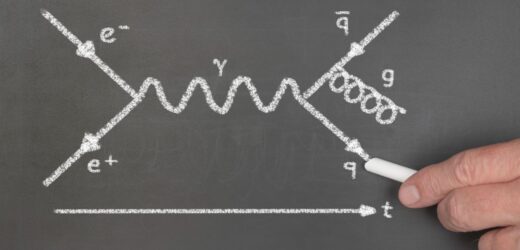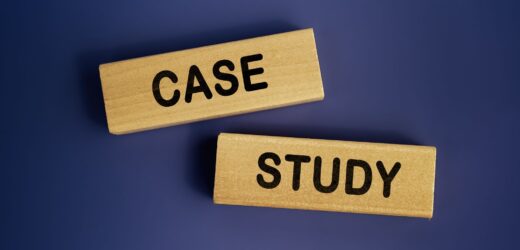I’ve been refining my thinking about self-assessment with help from a colleague and some reading. Much of what I’ve been considering applies to teacher self-assessment as well. Self-assessment is another of those loosely used terms that refers to different activities. It’s regularly equated with self-reflection, and it references assessments an individual makes of a performance or product. Self-reflection tends to be larger, more global in focus—say, a set of beliefs that form a teacher’s identity, a teacher’s understanding of how she functions in groups, or whether a teacher believes he’s good at facilitating discussion. Individual assessments are specific and focused externally—those occasions when students might self-grade solutions to a problem set or critique a self-authored story.
Related Articles
I have two loves: teaching and learning. Although I love them for different reasons, I’ve been passionate about...
In my classes, there is a reaction from my students that I have learned to wait for. It...
“Focus on what you can control” is hardly groundbreaking advice. Yet when I read David Gooblar’s version of...
AI can assist in nearly any teaching task, saving educators many hours of work while improving instruction via...
For many, Richard Feynman (1918–1988), the Nobel Prize–winning physicist turned cultural icon, is the prototype of a creative...
Every semester, we conclude our courses with grades, reflections, and the quiet hope that, somehow, what we have...
Teaching in fast-moving fields with real cases presents three persistent problems. First, the news cycle moves more rapidly...








